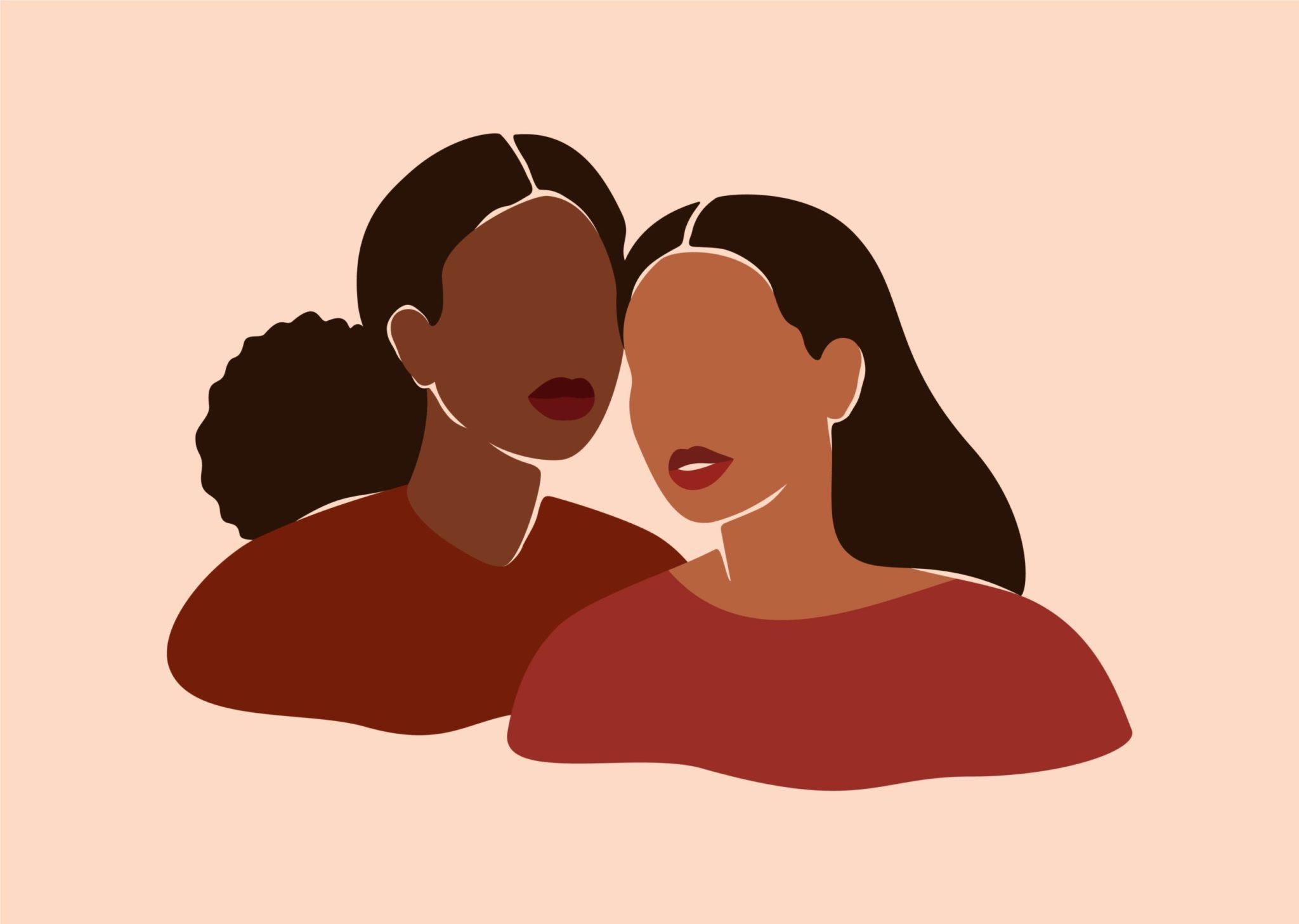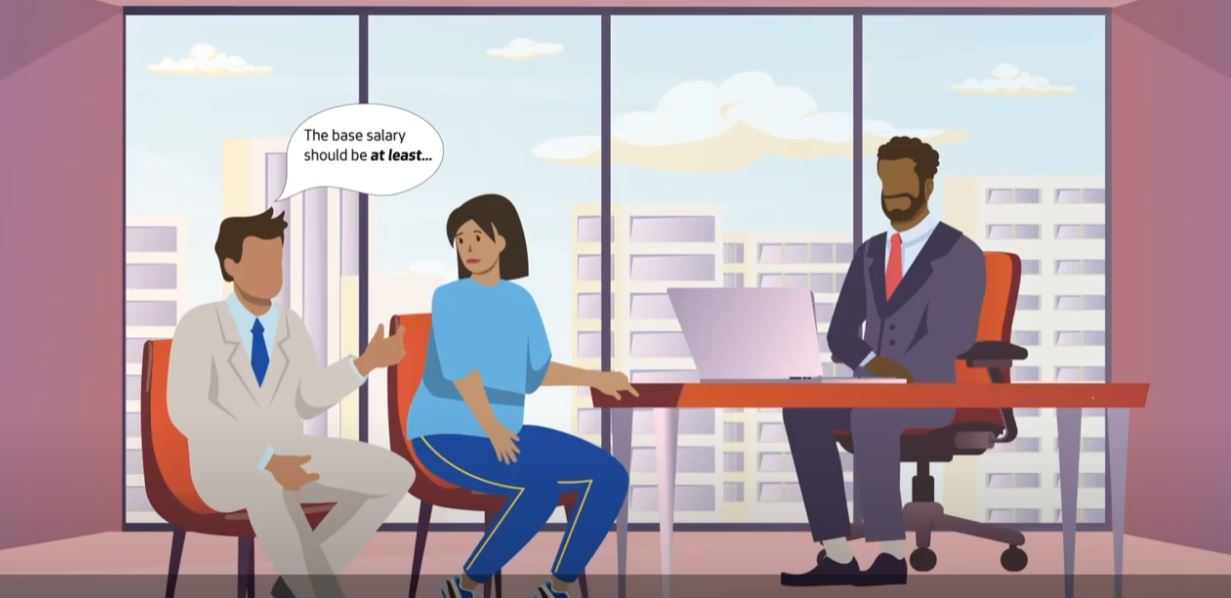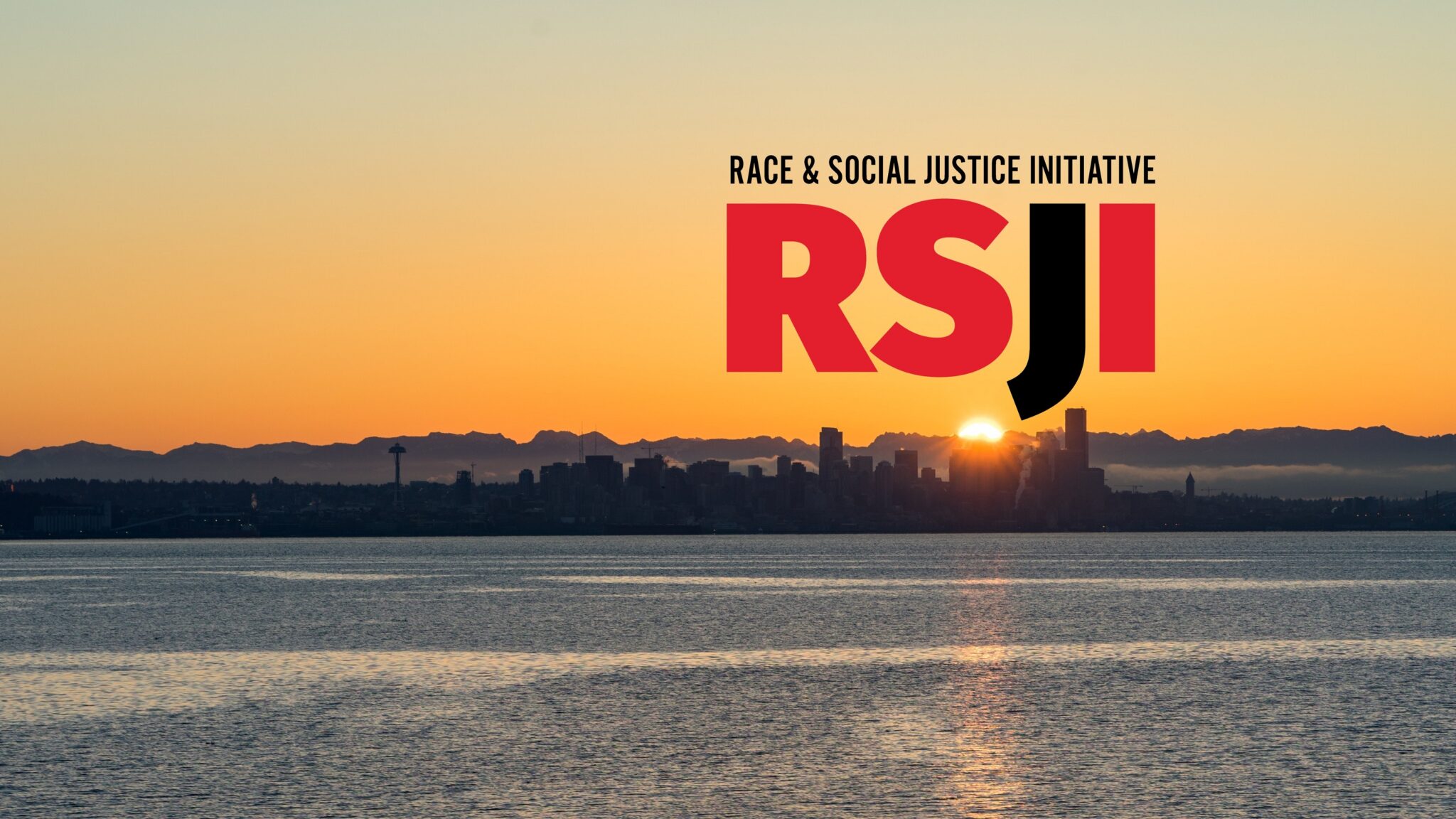
By Leo Segovia
Gender Justice Advisor, Seattle Office for Civil Rights
In the US, Black and Indigenous people are much more likely to experience housing instability and to be living on the streets. It’s insufficient to say that poverty drives these disparities given that the proportion of Black and Indigenous people experiencing homelessness far exceeds their proportion of those living in poverty. This is a direct result of the US legacy of colonization and chattel slavery – creating structural and institutional barriers to accessing wealth, land, and self-determination.
Modern tools used today to serve the most vulnerable people in our communities continue to exacerbate racial disparities when accessing social services. A study from 2018, which includes data from King County’s homelessness system, found that Black and Brown folks are overrepresented in our homelessness populations, yet are much less likely to score high enough on the assessment tool used to access housing services. This assessment tool meant to prioritize those most vulnerable was found to further disparities, with white participants being much more likely to qualify for housing. The tool scores a person’s level of vulnerability based on certain indicators; however, the indicators of vulnerability used do not accurately reflect the experiences of Black and Brown communities. In response to these findings, King County now includes supplemental questions that more accurately capture vulnerabilities experienced by Black and Brown communities.
Before the Covid-19 pandemic, many transgender and gender non-conforming people were heavily burdened economically. The 2020 HUD Point-in-Time Count found that between 2016 and 2019, there was an 88% increase of homeless transgender folks living in the U.S. A survey conducted by the National Center for Transgender Equality found that 37% of respondents in Washington state have experienced homelessness at some point in their lives and that 28% were living in poverty.
We as a society criminalize poverty, police gender, and profile Black and Brown people in a way that places Black transgender and gender nonconforming people at the locus of structural racism and discrimination in regard to social services, employment, healthcare, and the criminal legal system.
It’s been noted that nearly one in six transgender people have been incarcerated at some point in their lives and nearly half of Black transgender people have been incarcerated at some point in their lives – far higher than the rate of 2.7% for the general population.
King County Jail in downtown Seattle has long been a site of violence and trauma for transgender and gender non-conforming people. Transgender and gender nonconforming people have reported various forms of mistreatment including disregarding legal name changes, invasive questioning, and examination of genitalia by non-medical staff to decide housing placement within gender segregated facilities while also barring access to medically necessary care. Community advocates are actively working with the Department of Adult and Juvenile Detention (DAJD) to address these unjust practices; however, policy adjustments do not address the underlying socioeconomic reasons for why transgender people and Black and Brown people are cycled through our criminal legal system at staggering levels.
Due to the lack of preventative social safety nets, poor people and communities of color are overrepresented in downstream punitive systems such as jails, emergency shelters, detention facilities, and prisons. These are heavily gendered systems, placing poor trans people and trans people of color in vulnerable situations prone to abuse, harassment, and violence because of their gender identity and gender expression. Black transgender women and femmes often face the most acute forms of harm due to our country’s history as a white supremacist patriarchy.
Due to pervasive anti-blackness and transphobia, Black transgender people face significant barriers and exclusion from mainstream services and institutions meant to serve our most vulnerable community members. Amid a a lack of services and material support centering the needs of Black transgender people in our region, the Washington Black Trans Task Force (WA-BTTF) emerged in response to the overwhelming discrimination and violence directed towards Black transgender women, femmes, and non-binary folks.
WA-BTTF is an intersectional, multi-generational project of community building, research, and political action addressing the crisis of structural violence against Black trans People. WA-BTTF is creating resources and building a support network to address root causes that contribute to the criminalization and incarceration of Black transgender women and femmes. Most notably, their work on housing access for community includes a reimagining of long-term supportive housing as a holistic process of healing trauma and supporting mental and physical wellness, as well as building a thriving community through mutual support.
With King County’s plan to close its jail in downtown Seattle, municipalities contracting with DAJD have an opportunity to center the experiences of those most impacted by institutional harms and injustices, specifically the experiences of Black trans women and femmes. We should invest in community driven solutions like those produced by groups like WA-BTTF, that break the cycle of poverty and incarceration by mitigating violence perpetuated by our reliance on punitive systems, and lead to the healing, safety, and self-determination of their communities.


